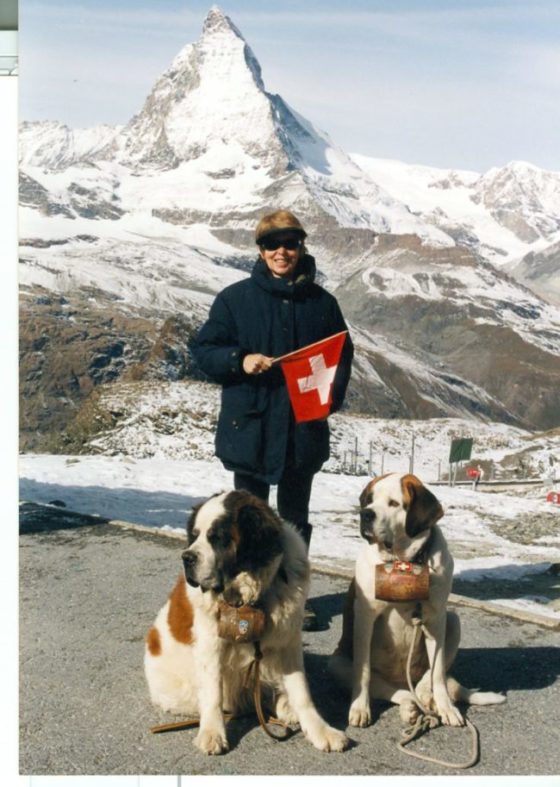
Matterhorn–Italian Swiss Alps.
Want to retire smart and happy? Me too.
I retired on a Thursday. On Friday, I left for a two-year travel adventure. It was a heady time. A time I spent years preparing for financially.
But once it was over, it was really over. I needed something that would sustain me here at home. I hadn’t a clue what.
Then I heard this author on a podcast. She was promoting her book, but she was also describing people like me. I thought I’d give her book a try.
Retire Smart, Retire Happy: Finding Your True Path in Life
By
Nancy Schlossberg
The book felt like visiting a career counseling center and finding an adviser who “gets you.” Dr. Schlossberg spent a career as a university professor and counseling psychologist. Her book shows it. I saw myself in her war stories. I appreciated her research. It’s one of the few retirement books out there that discusses the psychological upheaval retirement causes in one’s life.
(When you’re in the throes of wretched office life, it’s hard to imagine retirement will be anything other than heaven. But Boomer, honeymoons always end—even retirement honeymoons.)
For decades, work is the centerpiece of our lives.
Schlossberg notes that work determines where we go each day, what we think about, and what we do. It determines the vehicle we drive, how we dress, and where we live. It provides a ready-made social life. In many ways, it defines who we are.
To say it gives our lives structure would be an understatement. The rest of our life is forced to fit around work.
As she points out, it’s no wonder we have difficulty adapting to all that free time in retirement.
Retirement forces us to re-create our lives.
Once we retire, we have to ask:
- how will I recreate the sense of purpose, structure, and community that work gave me;
- how will I replace work’s instant social life; and
- how will I deal with the upheaval my retirement may have on my spouse and adult children?
Through her research-based self-assessment exercises, the author provides a road map for addressing the questions above. The exercises gave me a sense of what was working in my life and what needed fixing.
Where are you in your retirement journey?
To help you figure out where you are in your retirement journey, she provides six common retirement paths.
- Continuers stay connected with their past skills, activities, interests, and values, but modify them to fit retirement. For example, a person who has worked for a consulting firm, may start a part time consulting practice of their own during retirement.
- Adventurers see retirement as an opportunity to seek new experiences and challenges. For example, they may book an around the world trip. Or they may seek out an entirely new encore career that has little relation to their previous career.
- Searchers explore, through trial and error, a variety of different paths until they iterate to the one that’s right for them.
- Easy gliders are the quintessential free spirit. They embrace the freedom of unscheduled time and relish whatever experiences they may encounter. Some feel that their career was Plan A and now that they’re retired, they have no interest in Plan B. They are happy to just take life as they find it.
- Retreaters isolate and disengage from life. Retirement has been one big disappointment, with none of their hopes realized.
- Combination retirees are a combination of the above categories. In many ways, we’re all a combination, with one predominant category that best describes us.
Help is on the way.
Then she offers tips on how to navigate each of these categories while iterating to a new life that meets your needs.
Yours truly did all of the self-assessments. I found them helpful. It turns out I started my retirement as an adventurer, became a searcher, and am finally now a continuer.
I’m still looking into issues people ask me about. I’m still reporting back. Only now it’s called blogging.
Boomer, I found this to be a wonderful book. I only wish I’d read it sooner. Your mileage may vary. Have a look at some online reviews here.
